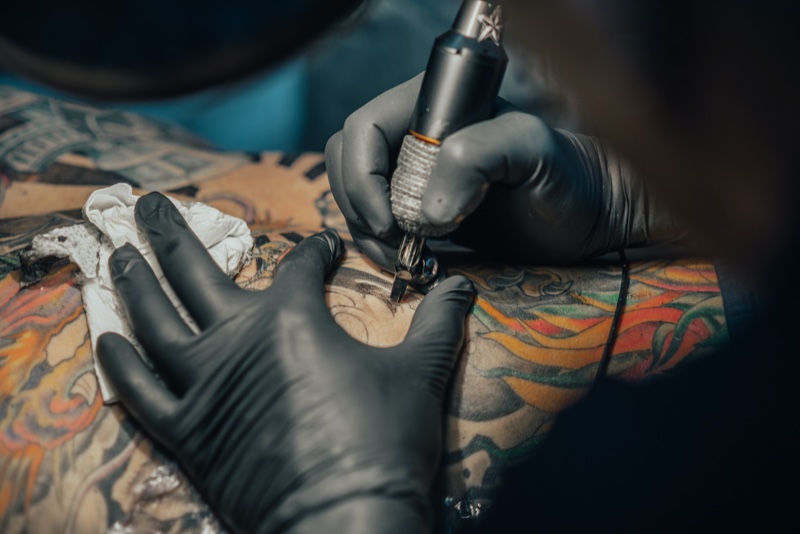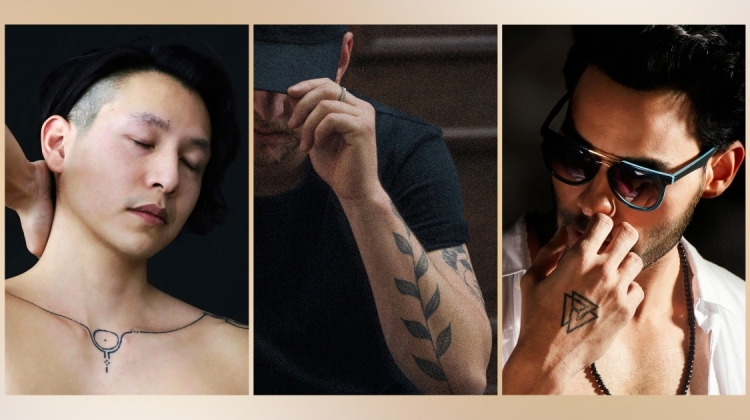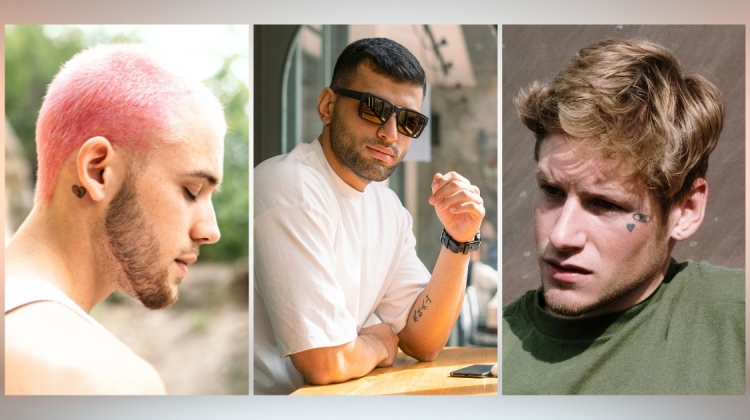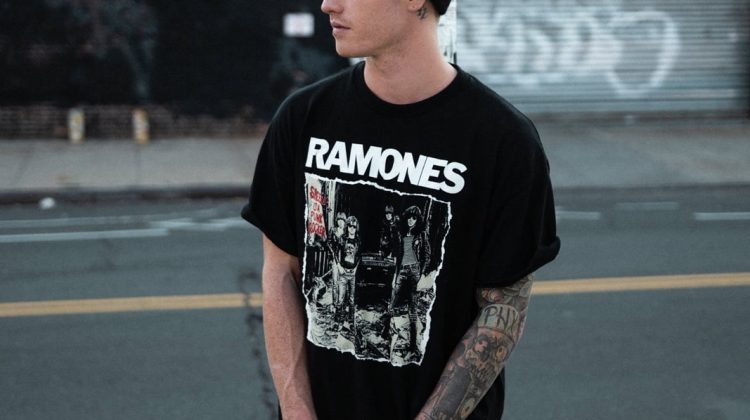
Tattoos are artistic works created on the skin using needles to place specialized ink. The creative work of tattoos has been made for thousands of years in all different cultures. Tattoos are often symbols and meaningful methods of expression. There are still a lot of misconceptions and myths concerning tattoos.
Tattoos Are Permanent
A lot of people believe that you can never remove a tattoo. This is not the truth. Tattoo ink is designed to be long-lasting and resilient. A tattoo can remain vibrant and beautiful for many years if properly cared for. Over time though, you will notice that the ink fades a little, and the tattoo looks not as vivid.
There are also removal options if you get a tattoo and later decide you do not want the ink. There are at-home options that encourage the ink to fade quicker, there are surgical removals, and there are now effective laser removals that are not very expensive and do not create a lot of pain or damage to the skin.
This modern technique uses targeted laser energy to break down the ink particles, which the body naturally eliminates. It’s important to note that the effectiveness of laser removal can vary based on the tattoo’s age, colors, and the individual’s skin type.
Moreover, while not excessively painful, laser tattoo removal treatments may require multiple sessions for optimal results. A consultation with a professional can provide a clearer expectation regarding the outcome and cost.
Tattoos Are Painful to Get

This is not true. People who tell others how painful it is to get a tattoo usually try to frighten or discourage the person from getting it. The truth is that the pain associated with a tattoo will depend on your tolerance for pain, the location of the tattoo, and how extensive the tattoo design is.
To create a tattoo, tiny needles will stick to your skin and deliver the ink to the second layer of skin. The stick of the needle is what causes pain. Some areas are more painful to have a needle poke you. Anyone who takes shots daily, like diabetic, can tell you that there are some places where you can place a needle so you will feel discomfort. This is because some areas have more nerve endings closer to the top of the skin and will cause more pain in this case.
Getting a tattoo on your buttocks will not hurt as badly as getting one on your ankle, neck, or just behind your ear. There are also pain-relieving gels and lotions that one can apply before the process to stop you from feeling the discomfort of the needle stick.
Tattoo Ink Causes Cancer
This is not true. Dermatologists generally consider tattoos to be safe. The ink used in this process has not been proven to cause cancer. Tattoo ink also does not contain carcinogens and does not contain harmful chemicals when going to well-rated artists.
You must understand the ink the artist uses to create your tattoo. There are some homemade inks and substances that may prove to be unsafe, so make sure you are using a reputable artist. They should buy sterile ink that is designed specifically for the creation of tattoos on human skin.
Tattoos Cannot Be Exposed to Sunlight

The sun’s powerful rays can cause tattoo ink to fade or discolor. If you step out into the sun, your tattoo will not magically fade into nothingness. The sun does have the ability to fade the ink colors slowly, but the passing of time is also going to cause the ink to fade.
It is suggested that you wear sunscreen or protective clothing to cover tattoos. This is especially true of a new tattoo. Sunscreen can keep the skin moisturized, and it can also help to protect the vibrancy of the ink colors.
You Will Break Up If You Get a Lover’s Tattoo
This may sometimes seem true because we all know someone who got their lover’s name tattooed on their body and later broke up with them. This does not always happen. It would be best if you did not get your lover’s name tattooed on your body unless you are sure of the relationship’s stability. With this in mind, you should consider not getting someone else’s name tattooed on your body until you have been in a relationship for an appropriate length.
Drinking Before You Get a Tattoo is Dangerous
This is a true statement. There are a couple of reasons for this. The main reason is that alcohol is a blood thinner in your body. When you have been drinking, you will bleed more profusely than when you have abstained from alcohol. Do not drink before putting your ink on to make the process easier for the tattoo artist and reduce the blood.
You should also avoid taking regular aspirin for twelve hours before getting a tattoo. Once again, aspirin, like alcohol, thins the blood and makes you bleed more freely. Another reason you should not get a tattoo while drinking is to stop you from making a decision you might regret. You do not want to wake up and discover you have gotten an embarrassing or inappropriate tattoo for your lifestyle.
When you drink, your inhibitions are lowered, and you are likely to do something you will regret later. Many tattoo artists will not place ink on an intoxicated person because of this reason.
Tattoos Are Expensive

The price of tattoos differs according to where you live, what artist you use, and the intricate details of your chosen design. You can get tattoos that cost less than $50, and some that cost hundreds. Price and costs vary greatly, and what one person considers expensive, another person may not consider expensive.
You can also sometimes save money on tattoo work by going to the artist with a friend and getting a group rate.
Final Thoughts
With tattoos, misconceptions abound, often leading to confusion and unnecessary fear. These misconceptions have been debunked, from the myth that tattoos are permanent and painful to the belief that they cause cancer or can’t be exposed to sunlight.
Understanding that tattoos are a versatile and personal expression, they must recognize that their cost, pain level, and permanence can vary widely. By seeking reputable artists, knowing the ink used, and taking proper care of the tattoo, one can enjoy this ancient art form without falling prey to common misunderstandings.
Whether it’s a symbol of love, a mark of identity, or a piece of art, tattoos remain a fascinating aspect of human culture, reflecting individuality and shared experiences.





